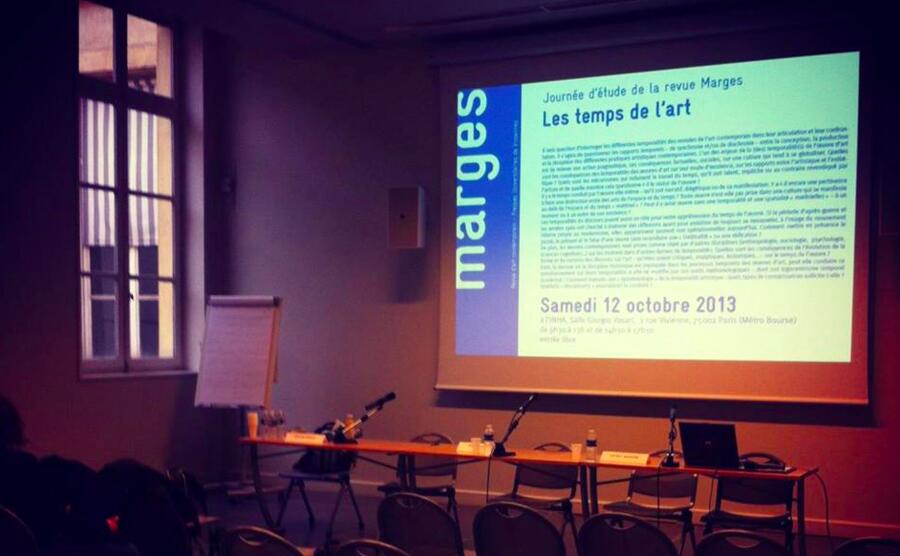Type d'événement, date(s) et adresse(s)
Journée(s) d'étudeHow the concept affects the work
| Attachment | Size |
|---|---|
| programme_je_concept_0.pdf | 59.06 KB |

The terms “concept” and “conceptual” have been used to designate diverse practices that refer to the group of New York artists who worked at the end of the sixties. But, the conceptual dimension of the work is now considered in a more general sense and also extends to practices and domains other than visual arts. One has thus witnessed an “autonomization of the conceptual state” of the work, which also depends on the context of its reception (Schaeffer; 1996). Displacing attention from the object to the act and from the act to the idea, conceptual works originate in fields as diverse as literature, music, or visual art. Such works constitute a site of interrogation due to the indeterminate nature of the conceptual “regime”. This indeterminacy creates the possibility of open and multiple receptions, which need not conform to the intention of the artist, but result rather from the spectator’s (more or less adequate) attention.How does the concept affect the work? In what ways does the “autonomization”, or the primacy of the concept over the immediately perceivable properties of the work, affect, modify, or question its reception? How does this “fluctuating relation” (Genette; 1994) open up a more general consideration of works, whether or not they claim themselves to be conceptual? The 27th issue of Marges will question the notion of “concept” and its derivations, not only from the point of view of artists, but also by concentrating on the reception of works identified as conceptual.